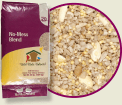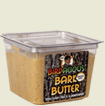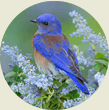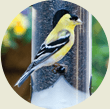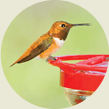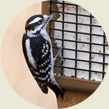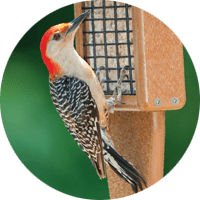In much of North America, winter can be a difficult time for birds. The days are short, and nights are often cold and long. The natural food supply has been consumed or is hidden by snow and most insects are dead or dormant. Water can be hard to find, and food needed to provide the energy to keep birds warm might be scarce, and finding shelter may not be easy. You can play an important role in helping birds survive winter with three easy steps.
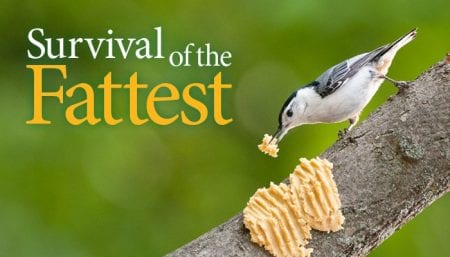
- Provide High Fat Foods
As winter approaches, you may need to change some of the foods you offer to birds. Providing high calorie and high fat foods can help keeps birds warm. The birds visiting winter feeders may be arriving in flocks or may come to the feeders as individuals, so you may need to provide different options for the birds.
- Oil sunflower– high calorie/ounce ratio due to its high fat and protein content and its relatively thin shell
- Suet– high energy, pure fat substance which is invaluable in winter when insects are harder to find and birds need many more calories to keep their bodies warm
- Peanuts– high protein and fat levels and are often an ingredient in suet products
- Provide Water
Birds do need a source for water in the winter. Bird baths can provide a water source and should be heated to help prevent the whole bath from freezing. In areas where the weather can turn cold and possibly freeze the water in bird baths, a heater or heated birdbath is a great option.
- Provide Shelter
Roosting boxes or natural plant covers can also help birds seeking protection from cold weather and natural predators. Be sure to clean out old nests from houses to help reduce the possibility of parasitic bugs surviving the winter.
Looking for more ways to help birds this winter? Stop by your local WBU for more tips and advice.

